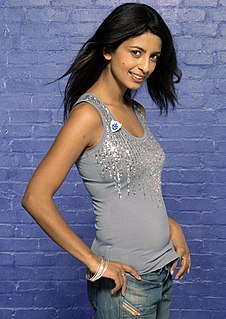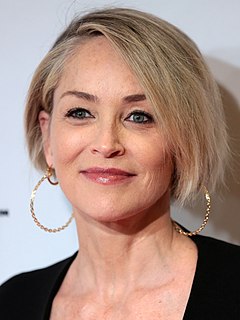A Quote by Konnie Huq
I think relaxation is escaping from your everyday encounters. You can read the words on a page and be transported to somewhere else. And the more consumed you are with it, the more you're cocooned.
Quote Topics
Related Quotes
If we were meant to read for enjoyment, would God have created television? Read as it was intended - for exercise. The more you read, the more you expand your - what's the word I'm looking for? - your stockpile of words. You must have a stockpile of words that you can pass along to your children for their stockpile.
Words in prose ought to express the intended meaning; if they attract attention to themselves, it is a fault; in the very best styles you read page after page without noticing the medium. Works of imagination should be written in very plain language; the more purely imaginative they are, the more necessary it is to be plain.
Just by being aware, thoughts start disappearing. There is no need to fight. Your awareness is enough to destroy them. And when the mind is empty, the temple is ready. And inside the temple the only god worth placing is silence. So those three words you have to remember: relaxation, thoughtlessness, silence. And if these three words are no more words to you but become experiences, your life will be transformed.
Your circumstances will line up with your words. ... Words are like seeds, they have creative power. ... The more you talk about it the more you call it in. ... Your words will give life to what you are saying. ... You can change your world by simply changing your words. ... You can use your words to bless your life or curse your life.
We always imagine that there's got to be somewhere else better than where we are right now; this is the Great Somewhere Else we all carry around in our heads. We believe Somewhere Else is out there for us if only we could find it. But there's no Somewhere Else. Everything is right here...Make this your paradise or make this your hell. The choice is entirely yours. Really.
If I could write directly on a typewriter or a computer, I would do it. But keyboards have always intimidated me. I've never been able to think clearly with my fingers in that position. A pen is a much more primitive instrument. You feel that the words are coming out of your body and then you dig the words into the page.



































